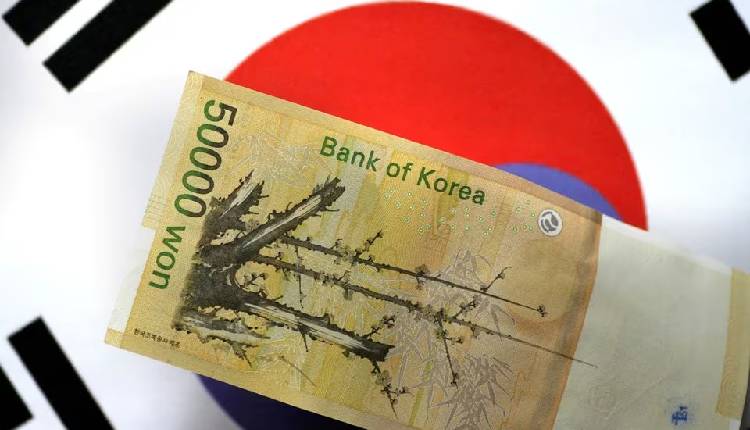S.Korea’s reform plan fails to impress traders
South Korea revealed on Monday a reform plan for public companies to increase shareholder returns and lower the “Korea discount” on stocks; however, the market was disappointed by the proposals, Reuters reported on Monday.
According to analysts, South Korea follows Japan’s example to raise its companies’ value, as Japan’s stock market hit a record peak last week. Corporate governance reforms and other measures to promote share buybacks, reduce cross-holdings, and raise dividends helped Japan achieve this.
The South Korean government, under the Corporate Value-Up Programme, will support companies to willingly share more profits with shareholders and boost governance, according to the Financial Services Commission (FSC).
The FSC stated that the government would release a detailed guideline for companies’ reporting plans in the first half of this year.
The regulator said in a statement that this could help solve the “Korea discount” problem, which means South Korean companies are valued lower than global rivals because of low dividends and the influence of unclear chaebols.
Nevertheless, some analysts thought the proposals were not enough.
The KOSPI index dropped 1.42 per cent in the morning, with automakers and banks losing the most. These sectors had surged before the government’s reform plan.
The FSC plans to offer tax benefits to companies that boost their market value and shareholder returns.
The regulator will also launch an index of firms with high shareholder value.
As part of the government’s effort, South Korea’s stock market said it would form a team to improve corporate governance, and the national pension fund decided to back companies that boost their value.













